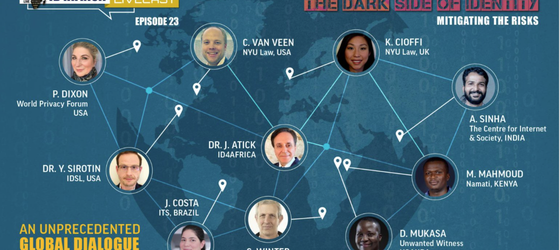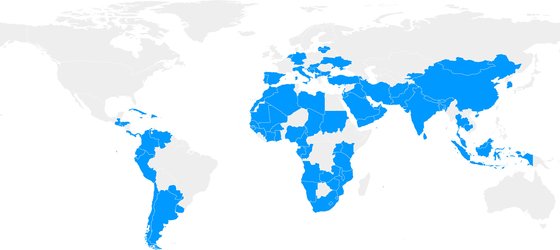Remarks of Pam Dixon at the First Digital Trust Convention held at OECD in Paris; WPF co-sponsor
The first Digital Trust Convention was held in Paris at OECD Headquarters on 15 November, 2024. This event addressed the problems of how to establish trust in people and information in digital spaces, including the challenges created by synthetic content generated or impacted by AI. WPF co-sponsored the event, and Executive Director Pam Dixon was in Paris to participate in person. Her remarks focused on: solutions must do no harm, cautions around inappropriate uses of digital ID, and respect for socio-technical contexts.




